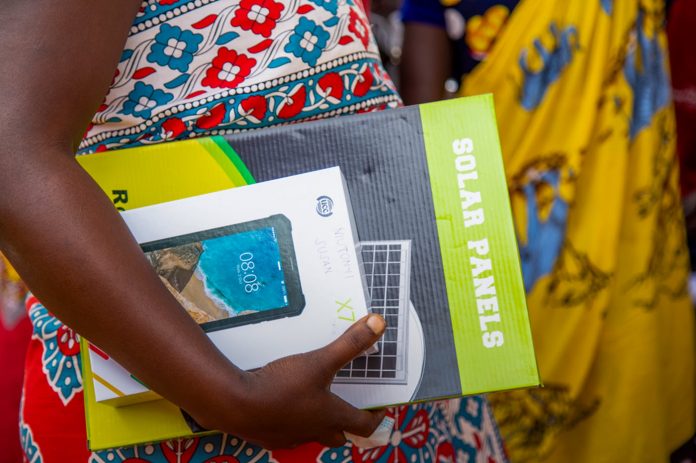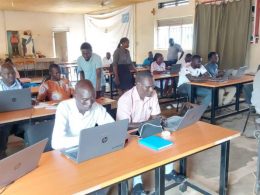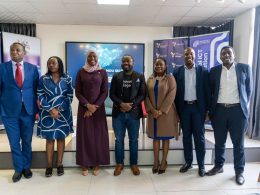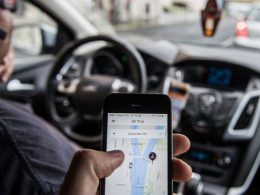By Mark Kawalya
Selected households in Uganda are receiving solar-powered tablets that are being distributed by the Uganda Communications Commission as part of a concept pilot project that studies the contribution of ICT in eradicating household poverty.
Headlined by the Uganda Communications Universal Services Access Fund (UCUSAF), the initiative will see 1,400 underprivileged households spread across eight sub-countries in Uganda’s four regions receive one device for each family.
By providing the low-cost slates, the government wants to test the viability of this measure as a means of bridging the digital divide between urban dwellers and those in rural areas. Each device comes loaded with enough data to last several months, during which the project’s performance will be monitored.
Some of the project objectives include leveraging ICTs to drive and boost digital literacy at the selected household level, improving accessibility of information that is deployed in household economic activities and family level health education.
“The tablet will help my children access online classes.” said Sylvia from Kyetume A, Kitimbwa sub-county in Kayunga district, on receiving her family’s internet-enabled device.
This pilot project, which includes a basic digital skilling component, complements other interventions like the ICT for Farmers initiative, which skills farmers and gives them centralized access to different products across the agricultural value chain to boost productivity. The government hopes beneficiaries will use the internet and the basic digital skills to learn how to use the digital information that is available through various applications covering different sectors like agriculture, health care and education.
The implementation is done in partnership with local government leaders at sub-county and village level, who are wholly engaged in the elaborate exercise of selecting beneficiaries.
Telecom service providers are also involved to ensure internet connectivity as this is a key driver of the exercise. Beneficiary sub-counties were selected according to the poverty index, which was carried out in the 2016/17 Uganda National Household Survey conducted by the Uganda Bureau of Statistics (UBOS).
To support local enterprise, the undertaking adopted the Buy Uganda, Build Uganda (BUBU) model, which saw local firm SIMI Mobile make and program the devices. The tablets have an inbuilt solar-powered charging system but can also be charged using grid electricity and have undergone rigorous approval processes by the commission to test for conformity to necessary standards.








